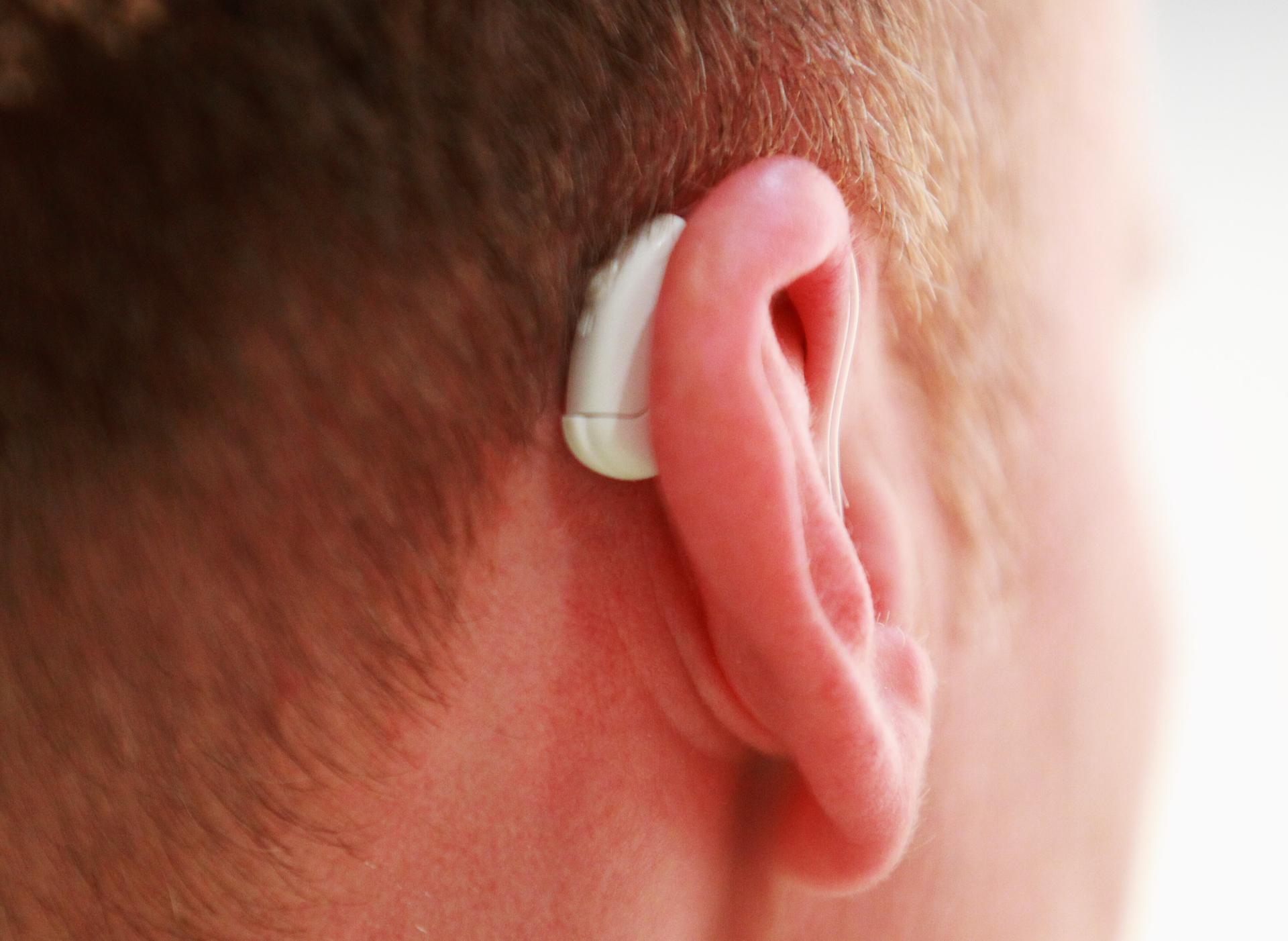Human stem cell treatment restores hearing in gerbils
A study using human stem cells has restored hearing to gerbils making some believe a cure for human deafness may not be far off.
A UK study in the journal Nature reports that deaf gerbils have had their hearing restored following a human stem cell treatment.
The researchers at the University of Sheffield, including Dr. Marcelo Rivolta, aimed to replace damaged nerve cells, called spiral ganglion neurons, that are unable to convert sound waves in the air into electrical signals to your brain. Roughly one in 10 people with profound hearing loss have this auditory damage, according to the LA Times.
The researchers used stem cells from a human embryo, added that to a "chemical soup," as the BBC referred to it, that converted them into cells similar to the spiral ganglion neurons. The cells were then injected into the inner ears of 18 gerbils.
Over the course of the 10 week study the gerbils' hearing improved by an average of 45 percent.
Rivolta told the BBC, "It would mean going from being so deaf that you wouldn't be able to hear a lorry or truck in the street to the point where you would be able to hear a conversation. It is not a complete cure, they will not be able to hear a whisper, but they would certainly be able to maintain a conversation in a room."
The LA Times noted that the researchers hope this study will spark a new interest in using stem cells to treat hearing loss in people.
But stem cell research is still highly controversial. The AP explained that human embryonic stem cells are initially obtained by destroying embryos, but they can be manipulated to produce any type of cell.
The story you just read is accessible and free to all because thousands of listeners and readers contribute to our nonprofit newsroom. We go deep to bring you the human-centered international reporting that you know you can trust. To do this work and to do it well, we rely on the support of our listeners. If you appreciated our coverage this year, if there was a story that made you pause or a song that moved you, would you consider making a gift to sustain our work through 2024 and beyond?
